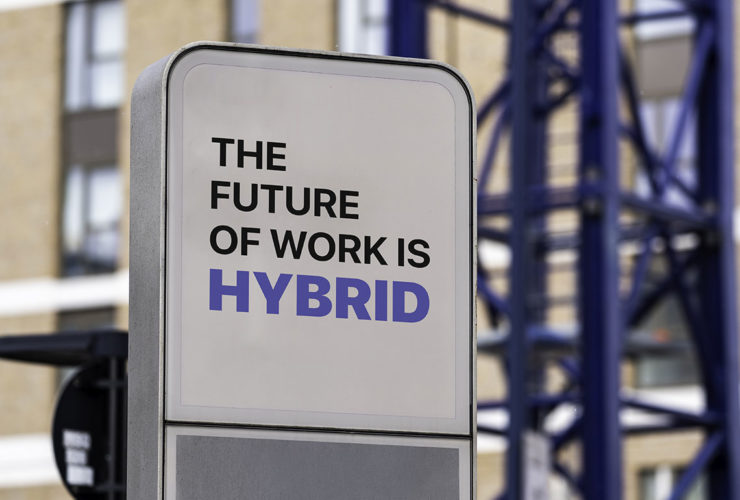Patty McCord was the Chief of HR for Netflix during some of their highest-growth periods in the early stages; she helped co-create their famous “Culture Document” that some have called “the most important document in Silicon Valley.” In early 2018, McCord wrote an article for Harvard Business Review on why you should stop hiring for culture fit.
Pay particular attention to this part about skills, rivalries, and compensation. The setup is that Netflix needs to make a big hire, but Google wants the same person:
But I woke up one morning and thought, Oh, of course! No wonder Google wants him. They’re right! He had been working on some incredibly valuable personalization in recruiting technology, and very few people in the world had his expertise. I realized that his work with us had given him a whole new market value. I fired off another email: “I was wrong, and by the way, I went through the P&L, and we can double the salaries of everybody on this team.” That experience changed how we thought about compensation. We realized that for some jobs we were creating expertise and scarcity, and rigidly adhering to internal salary ranges could harm our best contributors, who could make more elsewhere. We decided we didn’t want a system in which people had to leave to be paid what they were worth. We also encouraged our employees to interview elsewhere regularly. That was the most reliable and efficient way to learn how competitive our pay was.
The lessons of that paragraph:
- Don’t rigidly adhere to internal salary ranges
- Don’t be afraid of letting employees interview elsewhere and report back
- Tools are incredibly important for personalization in recruiting
This last one isn’t the main idea here, no — but it’s a big takeaway. And especially for Netflix — they need world-class personalization technology in order to make sure you keep watching and paying them for your subscription. They need to personally recommend what you’d like.
Netflix is a specific business model, yes, but more and more companies are trying to personalize (and thus humanize) their marketing, sales, and operational approaches. You need personalization experts. It’s becoming an increasingly important field of tech hiring.
So if you need a personalization expert for your business, how are you going to find that person?
The approaches:
Standard practices for any technical expert hire
- Research the background
- Look for gaps
- Look for roles held
- Ask for multiple references
- Use a third-party screener to vet the technical skills
- Determine the team size they were on — could they “hide?”
- See what LinkedIn connections may overlap and get a deeper perspective on the candidate
On that last one — we actually worked with a client who needed a personalization expert. Based on the initial screening and sourcing, it was down to four to be presented to the hiring manager. All four had overlaps with current employees. One was immediately removed because the current employees he had previously worked with all said he was dishonest with teammates. Work the connections. It can help.
Deeper practices for personalization
- Ask them for a sample work project
- What metrics do they use when assessing the success of personalization?
- What languages are they coding personalized features within?
- How would you explain what you do to someone else?
- How would you make them see the value of it?
- Where is the bottom-line implication of personalization residing?
- What’s your take on psychographics?
- How do you approach audience segmentation?
- What’s your background in Google Query Explorer?
This is a start — you can also work with eTeki to make sure any expert, personalization in recruiting or otherwise, is vetted on the technical skill side.

Amanda Cole
Vice President at eTeki, specializes in recruiting and training contingent resources, as well as leading organizations leveraging this type of workforce for multi-million dollar service delivery.







